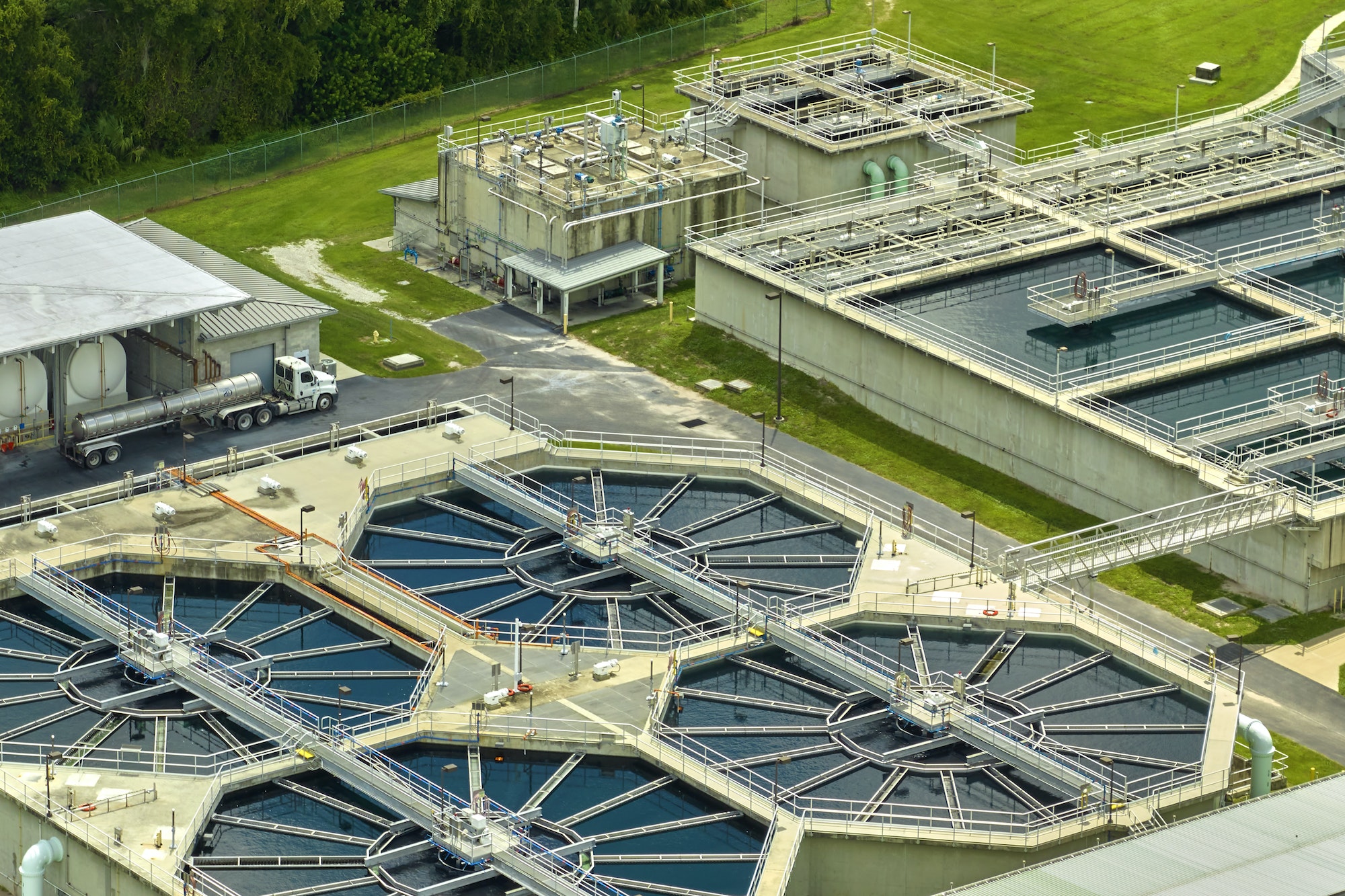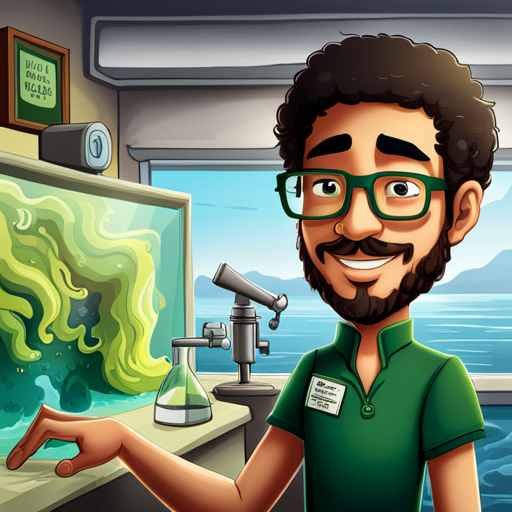Algae cultivation is an attractive sustainable solution for various applications, including biofuel production, wastewater treatment, and as a source of valuable bioproducts. However, there are still several challenges in algae cultivation and harvesting that need to be addressed to make it a viable option for large-scale implementation. This article aims to discuss the current challenges faced by the algae industry and the future prospects of algae-based wastewater treatment.
One of the main challenges in algae cultivation is achieving high biomass productivity at a low cost. Algae growth requires suitable conditions such as light, temperature, and nutrient availability. To optimize these conditions, researchers have developed various cultivation systems, such as open ponds, photobioreactors (PBRs), and hybrid systems. Open ponds are the most commonly used method due to their low capital and operating costs. However, they suffer from low productivity and contamination issues. PBRs offer controlled environmental conditions and higher productivity but at a higher cost. Hybrid systems combine the advantages of both open ponds and PBRs, offering a potential solution to this challenge.
Another challenge is harvesting and dewatering the algae biomass efficiently. Traditional methods like centrifugation, filtration, and sedimentation are energy-intensive and not suitable for large-scale applications. Emerging technologies like flocculation, flotation, and ultrasonic separation offer promising alternatives but still need further optimization. To address this issue, researchers are exploring novel methods like bioflocculation, where certain algae species secrete compounds that promote flocculation or genetically engineering algae strains to increase their settling or flocculation efficiency.
The application of algae in wastewater treatment has gained significant attention due to its potential to remove nutrients like nitrogen and phosphorus while producing valuable biomass. However, there are still challenges to overcome for this application to become mainstream. One challenge is the efficient removal of heavy metals and other contaminants from wastewater without causing harm to the algae. Researchers are investigating various strategies like immobilization of algae on solid supports, using algae-bacteria consortia, and genetic engineering to enhance the algae’s ability to tolerate and remove these contaminants.
Another challenge in algae-based wastewater treatment is the integration with existing wastewater treatment facilities. Retrofitting existing systems with algae cultivation units may require significant investments and changes to the infrastructure. Therefore, researchers are developing modular and scalable algae cultivation systems that can be easily integrated into existing facilities.
Despite these challenges, the future prospects of algae-based wastewater treatment are promising. As the technology matures and more research is conducted, it is expected that new solutions will emerge to address the current challenges. Some of these potential future developments include:
- Advanced cultivation systems: Novel cultivation systems that combine the benefits of open ponds and PBRs while minimizing their drawbacks are expected to be developed. These systems will offer higher productivity at a lower cost, making them suitable for large-scale applications.
- Genetic engineering: The development of genetically engineered algae strains with enhanced biomass productivity, stress tolerance, and contaminant removal capabilities will significantly improve the efficiency of algae-based wastewater treatment.
- Integration with other processes: The integration of algae cultivation with other processes like anaerobic digestion or membrane filtration can enhance nutrient removal and biomass production while reducing energy consumption.
- Valorization of algal biomass: The development of efficient conversion processes to transform algal biomass into valuable bioproducts like biofuels, animal feed, fertilizers, and chemicals will increase the economic viability of algae-based wastewater treatment.
- Policy support: Government incentives and policies promoting the use of sustainable technologies like algae-based wastewater treatment will drive further research, development, and commercialization of these technologies.
In conclusion, technological advancements in algae cultivation and harvesting hold great promise for addressing the current challenges in this field. With continued research and innovation, algae-based wastewater treatment can become a sustainable solution for nutrient removal and resource recovery.


